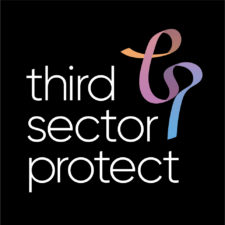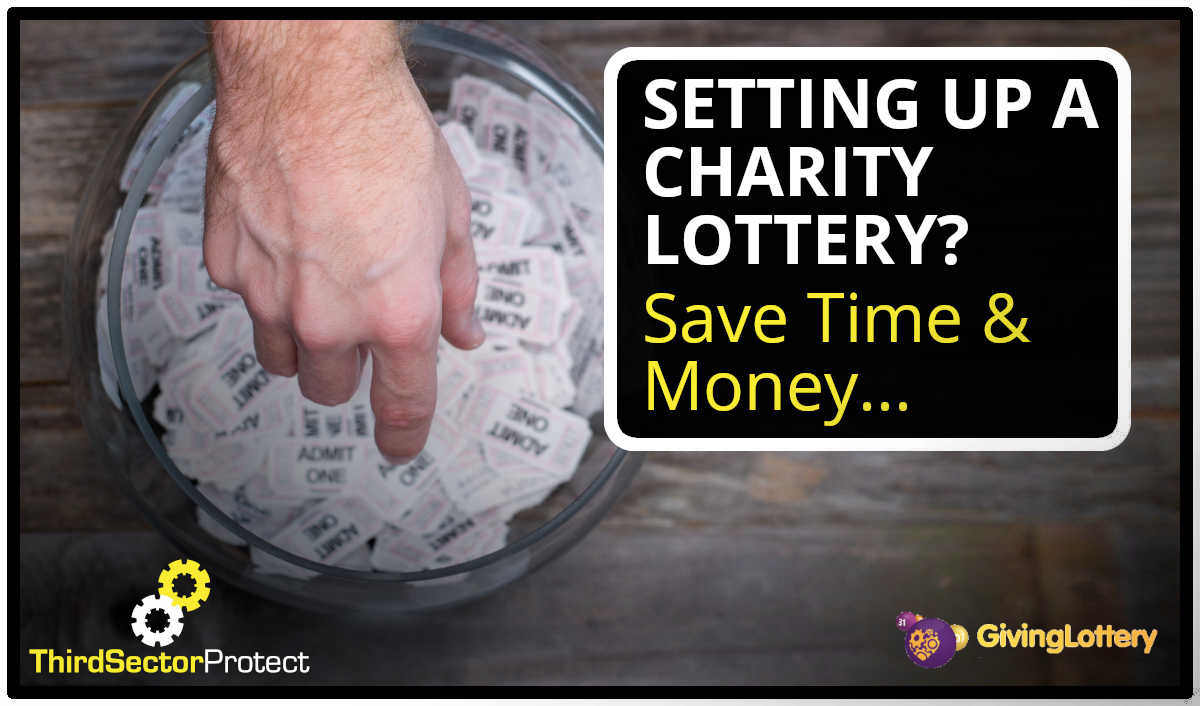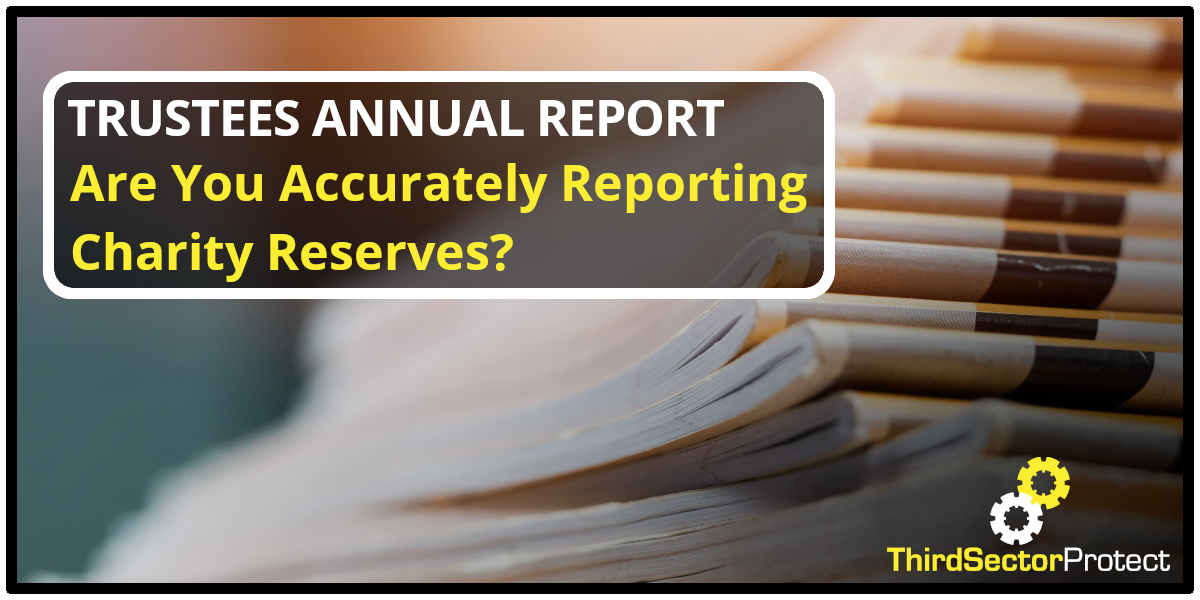
Fundraising Best Practice – Door to Door & Street Collections
Charity fundraising and risk go hand in hand, meaning it’s imperative that you or your organisation takes the necessary precautions to protect your workers, volunteers and ability to trade. We take a look at the steps charity street collectors and door to door collection teams must take to comply with the charity street collection rules.
Charity Street Collection General Rules
- Permission must be obtained from the Local Authority.
- Each collector must carry a signed and dated ‘Authorised Collector’s Card’, signed and dated by the organiser.
- Charity street collectors lists are required by Law.
- Do not rattle tins or buckets loudly or solicit donations.
- Two people must be present when counting the money and the total etc. must be put on a ‘collector’s list’.
- Those under 17 years of age cannot collect (19 in London).

Assess the risk regarding:
- The area.
- The time of day they will be collecting; and
- The amounts of cash likely to be involved.
If necessary, conduct a reconnaissance check to ensure mobile phone signal is available on route. If significant cash is expected, a coordinator should collect cash securely at intervals during the collection period.
Before starting to collect:
Before collecting money for charity on the street try always to ensure collectors work at least in pairs and they have written details of their route, with expected key point arrival times known by a coordinator, family member or friend.
During the collection ensure that:
- They know their location or route: how to get there and back – and entrances/ exits in the buildings they are visiting.
- They take a fully charged mobile phone with them and arrange to contact someone at pre-arranged intervals.
- They try not to make cash too obvious, avoid coins making noises and make regular transfers to hidden money belts or pockets if possible and use inconspicuous bags.
- They stay on well-lit locations and paths and, if there is no pavement, face on-coming traffic ensuring that they are easily visible.
- They consider carrying a personal alarm and know how to use it to shock and disorientate an attacker, helping them escape.
When the collection is finished:
They should contact the coordinator, family member or friend to tell them that they are done and deliver or bank cash ASAP.
And above all:
Trust their instincts – get away immediately if they feel threatened or uncomfortable. If they find themselves being threatened or attacked, hand over the money.

Door to Door Collection
These are legally defined as ‘collecting on private property’ and relate to dropping off collection envelopes and returning a few days later to collect them or collecting with a tin.
In addition to the rules above:
- Each collector must have a certificate of Authority (as required by the Law for house-to-house collections) to be carried always for identification purposes.
- The official accounting documents, the Fifth Schedule Form, must be completed and the certificate of audit must be signed by a suitably qualified person (who has not been involved in the collection) after each collection and sent with the Collectors List(s) to the Local Authority.
- Children under 16 years may deliver envelopes but cannot collect them.

Protecting and accounting for your funds:
- You should have an agreed policy in place regarding how you account for collections. The collection system can be open to fraud – take sensible measures to compare collection receipts and any patterns which emerge where receipts vary consistently from area to area.
- Do your insurance arrangements protect you if money is stolen from the collector’s premises, and what proof of loss will insurers require.
- How is cash accumulated and banked, and do your Sums Insured reflect the maximum values at risk (including seasonal increases)
Protecting Your Charity Street Collectors
If you’re a charity fundraiser ensure your organisation has a valid insurance policy to cover you in case something goes wrong. Contact the team at ThirdSectorProtect: Call us on 0800 877 8277.
Still want more? Why not check out some of our past posts:
- Charity Fundraising: Risks and Regulations
- Top 5 Charity Fraud Scams posing a Threat in 2019
- Attracting Business Sponsorship as a Small Charity
For more tips and tricks on all things related to charities, not-for-profits and community groups, follow us on Facebook, Twitter & LinkedIn.
This article was originally published by Aqmen Underwriting and adapted by ThirdSectorProtect.







